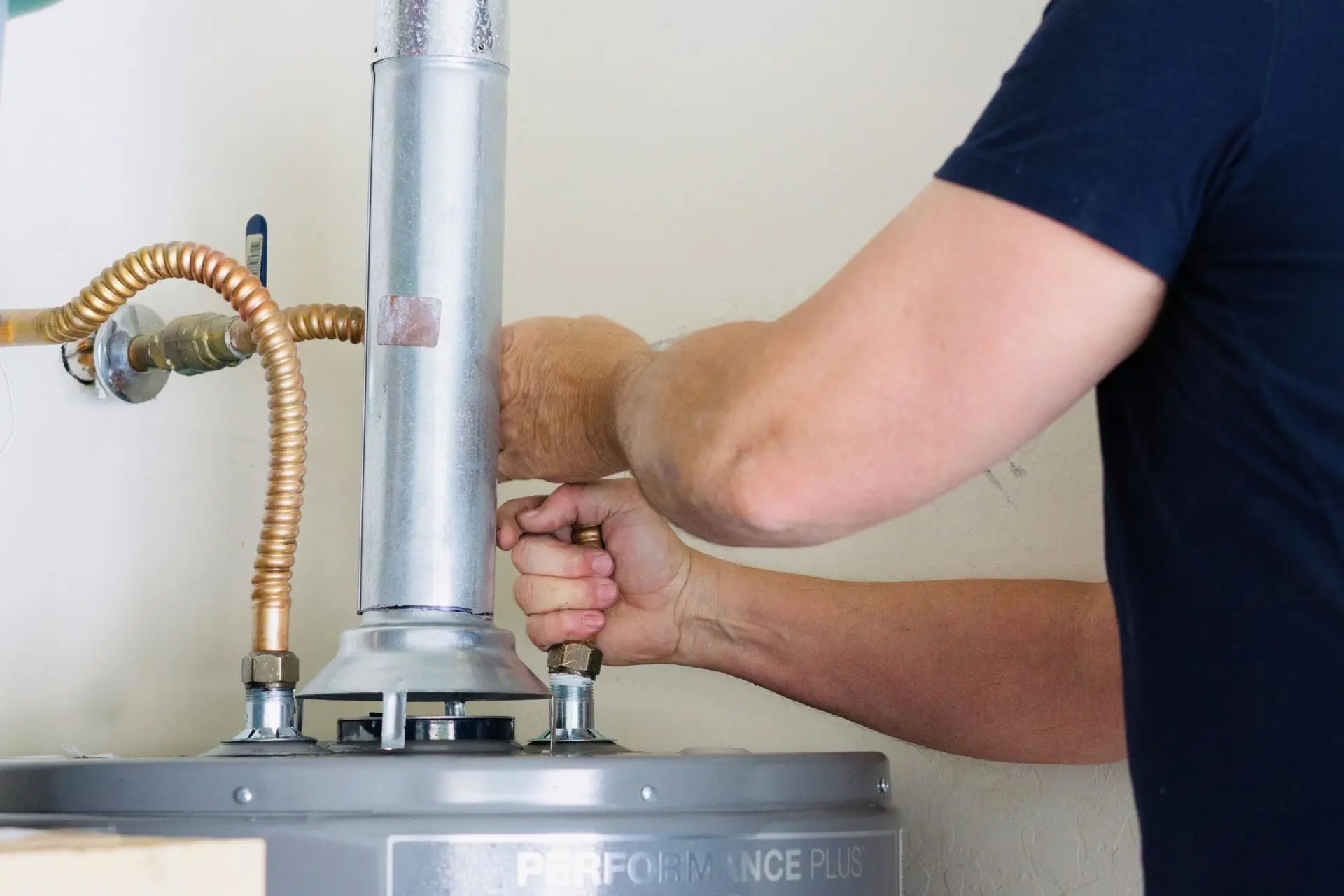At Green Group, we know how daunting it can be to discover water pooling around your home’s water heater. Did you know that a seemingly small leak of just 10 drips per minute wastes about a gallon per day, accumulating to approximately 29 gallons each month? In more severe cases, like 120 drips per minute, you could be looking at wasting 11 gallons per day, or a staggering 330 gallons monthly. These leaks not only hike up your water bill but can also lead to water damage or necessitate a costly water heater replacement.
Understanding the reasons behind a water heater leak is crucial for timely and effective intervention. Let’s explore some common causes and solutions:
1. High Water Temperature and Tank Pressure
Leak Source: Around specific components or random locations.
High temperatures can create steam, elevating tank pressure. If excessive pressure builds up, leaks may spring from loose components or small cracks. Solutions include lowering the water temperature or tightening loose parts. If these measures fail, it’s best to consult a professional.
2. Faulty Temperature & Pressure Relief Valve (T&P Valve)
Leak Source: Top of the water heater.
A loose or malfunctioning T&P valve can lead to leaks due to increased pressure. Tightening the valve or replacing it if faulty can resolve the issue. For peace of mind, consulting a professional is recommended to ensure no underlying problems exist.
3. Loose Inlet & Outlet Connections
Leak Source: Top of the water heater.
Inlet and outlet valves can become loose over time, leading to leaks. These valves are crucial for water flow into and out of your tank. Simply tighten these connections and replace any worn parts to stop the leakage.
4. Sediment or Rust Corrosion
Leak Source: Base of the water heater.
Sediment buildup or rust due to poor maintenance can corrode your tank, leading to leaks. Regularly flushing the tank every six months to a year can help prevent sediment accumulation. Running a bleach-water solution through the tank can also clean mold or mildew. If the tank is corroded, replacement might be necessary.
5. Loose Drain Valve
Leak Source: Base of the water heater.
The drain valve, used for emptying the tank, can appear to be leaking if it’s not tightly closed. Ensure the valve is watertight to prevent leaks. This is an easy fix you can do yourself, or you can have one of our plumbers assist you.
Contact Green Group for Leak Repairs
If you suspect a water heater leak, identifying the source is the first step. Whether you’ve pinpointed the problem or need assistance, contact us at Green Group LLC. We proudly serve Nashville, Franklin, and Murfreesboro, offering 10% off your first service and military discounts. For more water heater tips, visit our website. Let us help ensure your water heater operates efficiently and safely.

